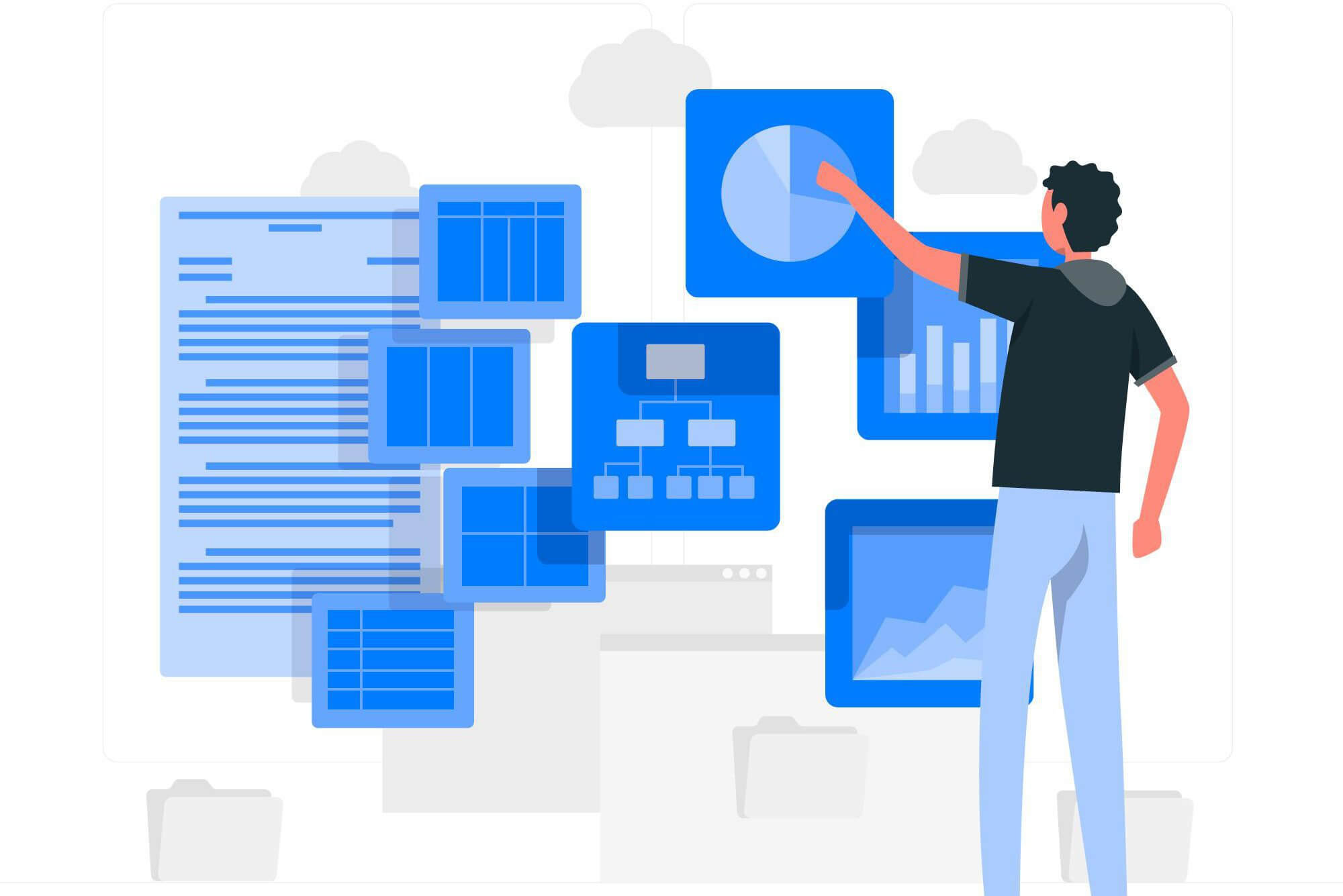Verizon’s 2021 DBIR (Data Breach Investigations Report) made it obvious that spear phishing attacks were a major cause of data breaches. Nearly one-third of incidents that occurred were due to this. Spear phishing is a common way to deliver ransomware as well.
Most businesses today have started using cloud-based email systems that allow safe corporate network use by remote or distributed employees. This means that email security is a must and a solution that supports a growing business is quite essential.
Today, we shall go over all there is to know about cloud email security. So, keep reading till the end to learn more!
What Are The Major Features Of Cloud Email Security?
Cloud email security solutions are created to provide comprehensive safety coverage against spear phishing attacks. The major features of any cloud security email solution are:
Data Loss Prevention
Business Email Compromise (BEC) is a leading reason for data leakage and the loss of sensitive data.
Most companies have to store and protect sensitive data in large databases, which is why cloud email security should offer custom policies and support for regulatory compliance efforts.
Malware Protection
Phishing emails containing malware are often coded with evasion and social engineering techniques that allow them to bypass analysis and software detection. A cloud email security solution should therefore be able to perform a thorough analysis to seek hidden malware and only allow real data to pass through.
Anti-Phishing
With time, phishing attacks are becoming advanced to the point that they can now bypass a cloud-based security solution. Therefore, a great cloud email security tool should block the most sophisticated attacks like BEC (Business Email Compromise) and EAC (Email Account Compromise or Email Account Takeover).
Account Takeover Protection
Account Takeover attacks are rising due to remote work popularity in enterprises worldwide. Cloud email security solutions with behavioral analytics built into the system can easily identify malicious attempts or unusual behavior. The software then takes action to prevent data breaches and maintain regulatory compliance.
Cybercriminals use phishing emails to launch a variety of attacks. Some common email security threats are:
Malicious Links
Phishing emails usually contain malicious code or links that channel the recipient to a malicious site.
In turn, these websites download malware onto the user’s system to steal data and card information. These also often lead to credential theft and confidential data leakage.
Data Loss
Emails are used to share data and communicate important information. Hackers use malicious emails to trick employees into giving up sensitive information or giving access to user accounts that can be used to conduct a data breach. An account may also be used for unauthorized payments and exploitation of other connected network accounts.
Malware
Malware can be delivered via emails as attachments, macros, content, malicious scripts, and sketchy links. Malicious websites contain malware code downloaded onto the system with Trojan and other attachments. This code is often masqueraded as legitimate software.
Phishing
Phishing attacks are used to channel recipients to malicious websites, steal credentials, trick the user into giving up confidential/personal data or steal money by making the recipient pay the hacker by using spoofing techniques.
Ransomware
Ransomware is a type of malware variant that has caused huge losses and is a major cybersecurity threat. Malware is delivered through infection vectors, but most ransomware groups use email-based attacks to spread ransomware and, in turn, demand ransoms to decrypt data.
How To Implement Cloud Email Security?
By now, you know that emails can be used to launch various attacks, so opting for cloud email security solutions is a must. A few best practices to implement cloud email security include:
Multi-Factor Authentication
MFA or Multi-Factor Authentication helps keep a corporate network secure by asking for added information and a password whenever a user tries to log in. Compromised passwords become less of a threat through this strategy.
Strong Passwords
Cybercriminals make use of password-guessing and credential-stuffing strategies to compromise email accounts. A strong password is, therefore, key to email protection/malware protection.
Training
Most email attacks use social engineering tactics to gain trust. Recipients are then tricked into performing actions that pertain to an attacker’s fraudulent desires. Training employees and security teams, letting them know of common scams they should look for, and how they must respond to advanced email threats are essential steps.
Deploy A Cloud Email Security Solution
Cloud email security solutions help automate the security process and deploy a secure email gateway. They can detect and deal with attacks and email threats like phishing attempts, malware, BEC, EAC, and ransomware. Deploying suitable software helps you ward off evolved email threats/zero-day attacks and keeps the corporate network secure.
Monitor Configurations
Once an email account is compromised, attackers often set up email forwarding or change the settings so they can receive and send emails undetected. However, regular email configuration audits can help detect compromised email accounts and increase email security.
Cloud Email Security Tools Vs. On-Premise Solutions: Which Is Better?
Email security is crucial, but picking between a cloud-based tool or an on-premise software can get tricky. Cloud email security solutions are often the right choice for corporate businesses.
- On-premise tools are appliance-based and restricted to deployment locations. They can also not scale easily when a business does.
- Cloud email security tools are scalable and flexible. They can be deployed throughout a company network and are constantly updated to eradicate advanced threats. They are a great choice if you have remote employees or distributed workforce that is not always present on-site. Such software is also a great way to find vulnerabilities and protect from other attacks.
Conclusion
The Covid-19 era and its impact on the growing popularity of remote work have made cloud email security solutions even more important than before.
Using a cloud email security solution with threat intelligence, training employees, checking email account configuration regularly, and using strong passwords and multi-factor authentication can help ward off most hacker attempts.






